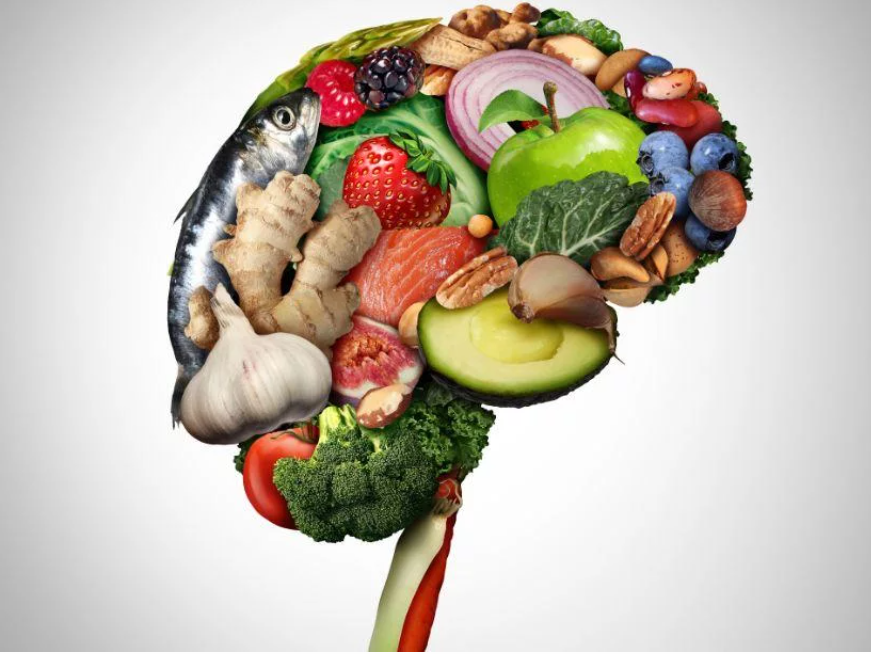Preventing cognitive decline in an older person

While we cannot control our genetics or our age, there are several factors within our control that help to slow the rate of cognitive decline.
Preventing cognitive decline involves a combination of lifestyle choices and activities that support brain health. Here are some effective strategies:
1. Regular Physical Exercise
Engaging in aerobic exercise, such as walking, running, or swimming, improves blood flow to the brain and can stimulate the growth of new brain cells.
2. Healthy Diet
Consuming a balanced diet rich in fruits, vegetables, whole grains, lean proteins, and healthy fats (like those found in fish and nuts) provides essential nutrients for brain health. The Mediterranean diet, in particular, has been linked to a lower risk of cognitive decline.
3. Mental Stimulation
Activities that challenge the brain, such as puzzles, reading, learning new skills or languages, and playing musical instruments can help maintain and improve cognitive functions.
4. Social Engagement
Maintaining strong social connections and engaging in regular social activities can help reduce stress and provide emotional support, which are beneficial for brain health.
5. Adequate Sleep
Ensuring consistent, quality sleep helps the brain clear out toxins and consolidate memories, which is crucial for cognitive function.
6. Stress Management
Chronic stress can negatively impact the brain. Practices such as mindfulness, meditation, yoga, and deep-breathing exercises can help manage stress levels.
7. Avoiding Tobacco and Limiting Alcohol
Smoking and excessive alcohol consumption can damage brain cells and increase the risk of cognitive decline. Avoiding these substances can help protect brain health.
8. Regular Health Check-ups
Managing chronic conditions such as hypertension, diabetes, and high cholesterol through regular medical check-ups can prevent complications that may contribute to cognitive decline.
9. Mental Health Care
Addressing mental health issues like depression and anxiety through therapy, medication, or other treatments can positively affect cognitive health.
10. Stay Hydrated
Drinking enough water is essential for overall bodily functions, including brain health, as dehydration can impair cognitive abilities.
11. Weight Management
Observational studies have reported that maintaining a healthy weight range, especially in midlife, helps to reduce cognitive decline and risk of dementia.
12. Vision and Hearing
Addressing issues with hearing and sight can positively affect cognitive decline.

